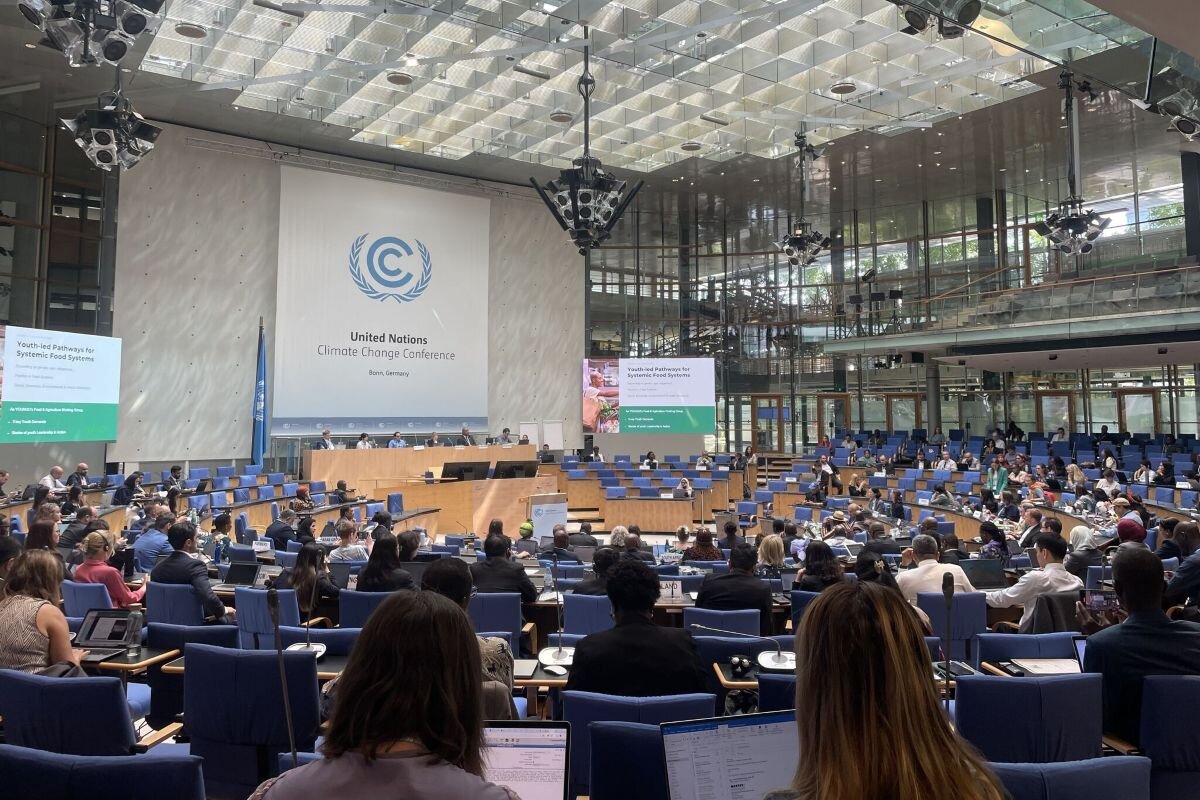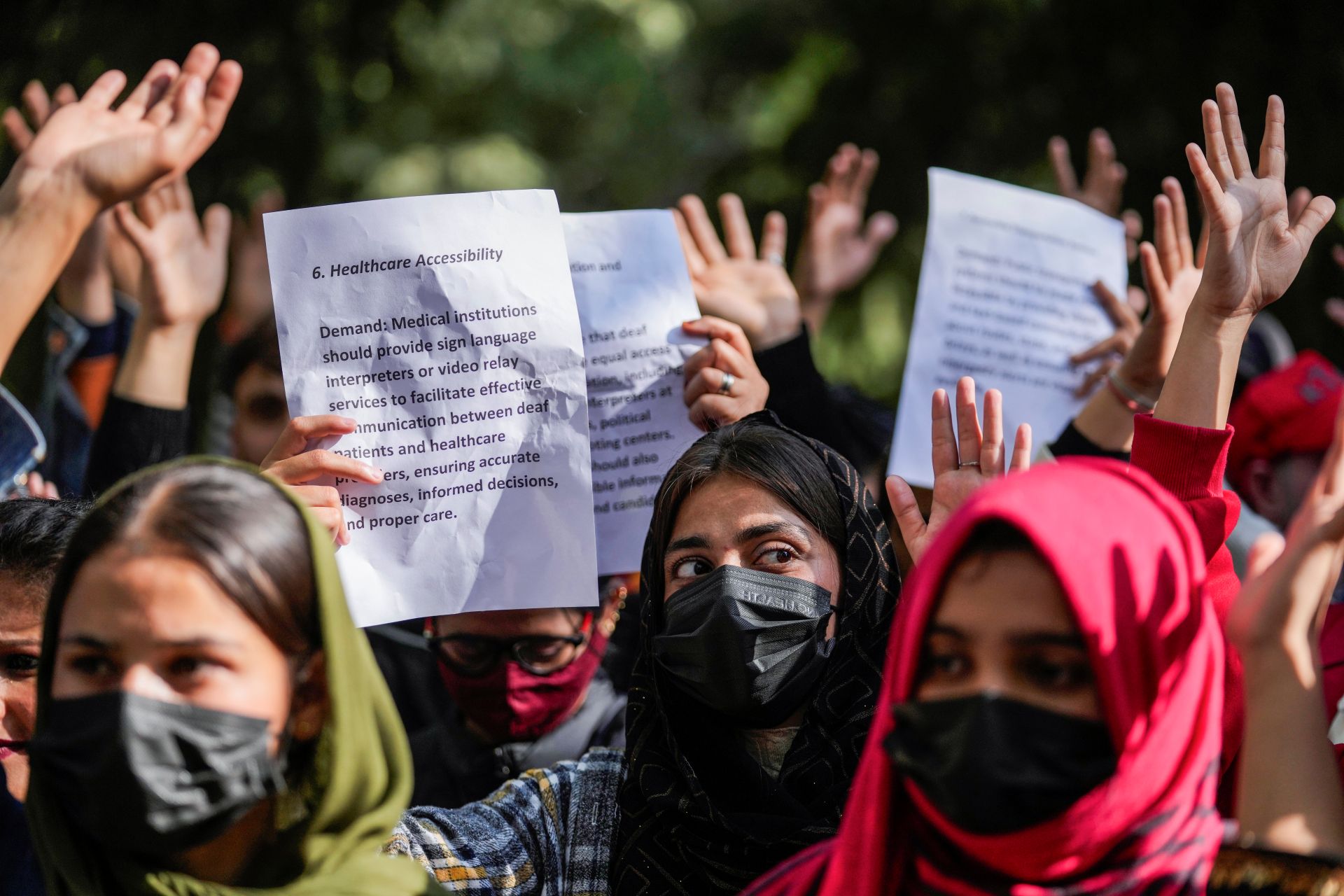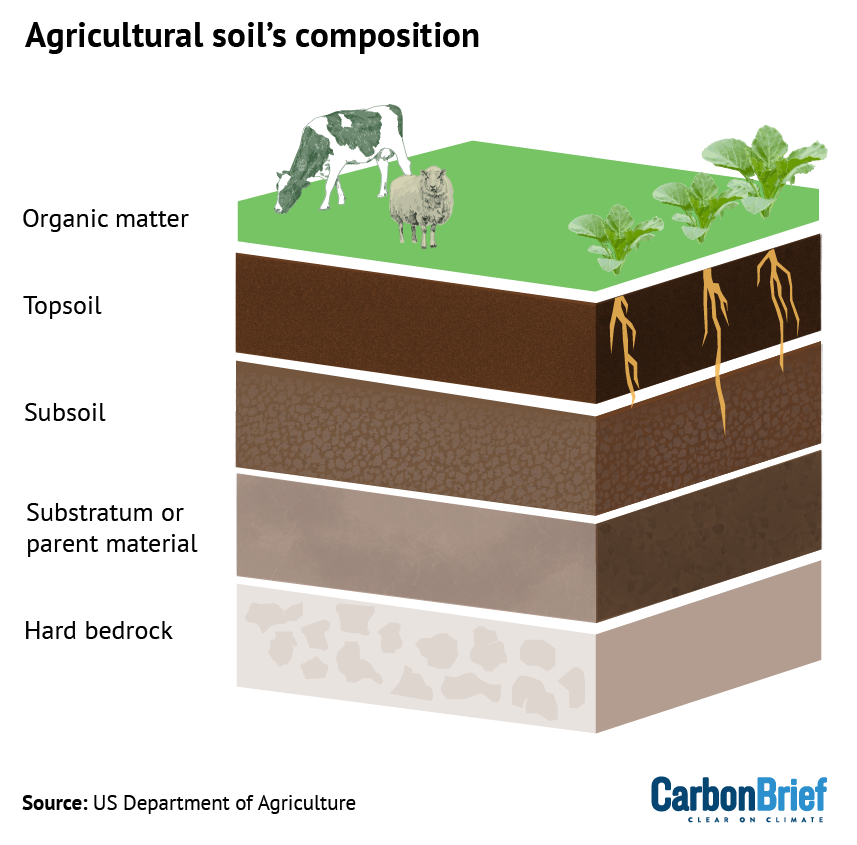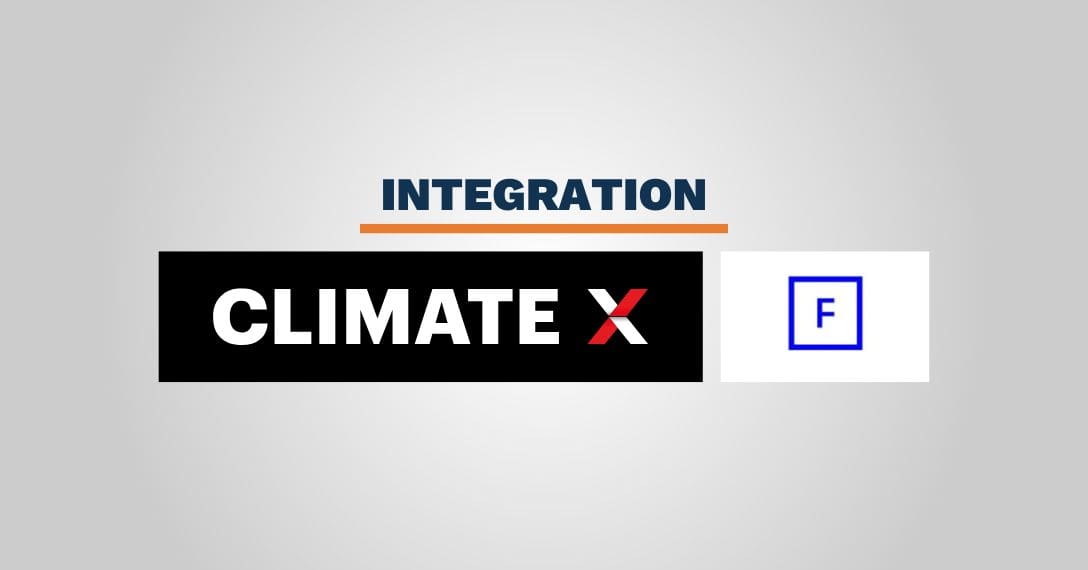Strengthening governance will be critical to reach international ambition on climate – E3G

Report on Strengthening Climate Governance for Sustainable Development Goal Achievement
Introduction: The Imperative for Investable NDCs and SDG Alignment
In the lead-up to COP30, there is an urgent global requirement for governments to finalize their third-generation Nationally Determined Contributions (NDCs). A consensus has emerged that for these NDCs to be effective, they must be investable, implementable, and enforceable. Achieving this necessitates a foundation of strong climate governance, a critical component for advancing SDG 13 (Climate Action) and SDG 16 (Peace, Justice and Strong Institutions). This report outlines how robust governance frameworks can translate climate ambition into tangible progress across the Sustainable Development Goals (SDGs).
Core Principles of Effective Climate Governance for the SDGs
Effective climate governance integrates transparency, accountability, public participation, and legal robustness into decision-making processes. Strengthening these foundations enables nations to achieve multiple development objectives simultaneously.
- Ensure Evidence-Based Policy: Utilizing institutions such as climate councils ensures that climate strategies are grounded in scientific evidence, directly supporting the targets of SDG 13 and reinforcing the effectiveness of institutions under SDG 16.
- Uphold Accountability: The implementation of climate framework laws holds governments accountable to their commitments, creating a stable and predictable environment essential for long-term planning and achieving SDG 16.
- Promote Inclusive Participation: Creating mechanisms like citizens’ assemblies for public involvement in policymaking fosters democratic legitimacy and ensures that climate action is equitable, addressing SDG 10 (Reduced Inequalities) and SDG 16.
- Develop Clear Transition Pathways: Mapping a clear transition provides certainty for investors and businesses, stimulating investment in sustainable infrastructure, clean energy, and innovation, thereby advancing SDG 7 (Affordable and Clean Energy), SDG 8 (Decent Work and Economic Growth), and SDG 9 (Industry, Innovation and Infrastructure).
- Combat Misinformation: Providing accurate, accessible analysis and solutions is crucial for stemming the flow of misinformation that undermines democratic processes and impedes progress towards all 17 UN Sustainable Development Goals.
Case Study: The Function of Climate Councils in Advancing SDG 13 and SDG 16
Climate councils, which are expert bodies that advise governments, are a cornerstone of effective climate governance. The International Climate Councils Network (ICCN), supported by partners including E3G, facilitates knowledge exchange and capacity-building, exemplifying SDG 17 (Partnerships for the Goals). While mandates vary, these councils perform several critical functions that align with the SDGs.
- Advisory Role: Councils provide independent, evidence-based advice. The UK Climate Change Committee (CCC), for instance, advised on the UK’s NDC, which the government subsequently adopted, demonstrating a mechanism for integrating expert knowledge into national climate strategy (SDG 13).
- Watchdog Function: As independent bodies, councils can hold governments accountable. The CCC’s reports have been cited in legal challenges, reinforcing the rule of law and institutional accountability as envisioned in SDG 16.
- Convening Role: Councils can foster inclusive dialogue. The South African Presidential Climate Commission exemplifies a procedural justice approach by hosting extensive stakeholder engagement, ensuring that the transition is just and equitable (SDG 10). Similarly, Chile’s Scientific Advisory Committee has organized dialogues to integrate the scientific community’s voice into its NDC, strengthening evidence-based policymaking.
Strategic Implementation and Institutional Support
The ICCN has launched a toolkit, “How to Create a Climate Council,” which provides international benchmarks and practical guidance for establishing new advisory bodies. This resource supports nations in building the strong institutions required by SDG 16. Key steps for creating an effective council include:
- Securing an official government mandate to ensure legitimacy and influence.
- Establishing mechanisms for independence and accountability to maintain credibility.
- Ensuring the council’s secretariat is well-resourced to conduct robust analysis.
Recommendations for a Holistic Governance Ecosystem
Climate councils are most impactful within a comprehensive governance ecosystem. To achieve a “whole-of-society” approach to climate action and sustainable development, governments should undertake the following actions:
- Strengthen Legal Frameworks: Create or update climate framework laws with robust accountability mechanisms to enforce commitments, directly supporting SDG 16.
- Foster Democratic Innovation: Experiment with and incorporate insights from citizens’ assemblies to ensure climate policies are socially inclusive and equitable, aligning with SDG 10 and SDG 16.
- Ensure Information Integrity: Actively counter climate misinformation and ensure the regular publication of reliable, independent climate data to protect democratic integrity and support progress on all SDGs.
- Engage the Private Sector: Constructively engage with businesses to build the case for progressive climate action while reducing the influence of lobbying that opposes climate goals, thereby accelerating progress on SDG 7, SDG 9, and SDG 12 (Responsible Consumption and Production).
Conclusion: A Call to Action for COP30
As the deadline for NDC 3.0 submissions approaches, it is imperative that governments act decisively to strengthen the institutions, systems, and processes that constitute effective climate governance. Such actions are not only fundamental to achieving the Paris Agreement targets but are also inextricably linked to the successful implementation of the entire 2030 Agenda for Sustainable Development.
SDGs Addressed in the Article
The article on climate governance addresses several Sustainable Development Goals (SDGs) by focusing on the institutional and collaborative frameworks required for effective climate action. The primary SDGs identified are:
- SDG 13: Climate Action – This is the central theme of the article, which discusses the need for impactful Nationally Determined Contributions (NDCs), climate policy, and governance structures to combat climate change.
- SDG 16: Peace, Justice and Strong Institutions – The article heavily emphasizes the importance of “good governance,” which it defines as embedding “transparency, accountability, public participation, [and] legal robustness” into climate decision-making. It advocates for strengthening institutions like climate councils and establishing climate framework laws.
- SDG 17: Partnerships for the Goals – The article highlights the collaborative efforts required for effective climate governance. It mentions partnerships between organizations (E3G, ICCN, TAI Collaborative, Net Zero Lawyers Alliance), the importance of knowledge exchange between countries, and the need for a “whole-of-society” approach involving governments, the private sector, and citizens.
Specific SDG Targets Identified
Based on the article’s content, several specific targets under the identified SDGs can be pinpointed:
SDG 13: Climate Action
- Target 13.2: Integrate climate change measures into national policies, strategies and planning. The article’s entire focus is on making the next round of NDCs “investable, implementable, and enforceable.” It discusses how climate councils, like the UK’s Climate Change Committee (CCC), provide evidence-based advice that governments can adopt into their formal submissions and national policies.
- Target 13.3: Improve education, awareness-raising and human and institutional capacity on climate change mitigation… The article discusses the role of climate councils in providing “accurate, accessible analysis and solutions” and stemming misinformation. The International Climate Councils Network (ICCN) is shown to facilitate “knowledge exchange and capacity-building amongst its members,” directly contributing to institutional capacity.
SDG 16: Peace, Justice and Strong Institutions
- Target 16.6: Develop effective, accountable and transparent institutions at all levels. The article explicitly advocates for this by promoting climate councils as independent expert bodies that advise governments and hold them accountable. The UK CCC’s role as a “watchdog” whose reports are used in court cases is a direct example of an institution fostering accountability.
- Target 16.7: Ensure responsive, inclusive, participatory and representative decision-making at all levels. The article highlights the need for public participation through mechanisms like “citizens’ assemblies.” It provides the example of the South African Presidential Climate Commission, which “takes a procedural justice approach by hosting regular stakeholder engagement events,” and Chile’s Scientific Advisory Committee, which ensures the scientific community’s voice is integrated.
- Target 16.10: Ensure public access to information… The article calls for efforts to “offer citizens, governments and stakeholders with accurate, accessible analysis and solutions” and to ensure the “regular publication of reliable, independent climate data” to counter misinformation.
SDG 17: Partnerships for the Goals
- Target 17.17: Encourage and promote effective public, public-private and civil society partnerships… The article describes a “whole-of-society” approach, advocating for constructive engagement with the private sector, citizens, and governments. The Climate Governance Forum itself was a partnership between E3G, ICCN, the TAI Collaborative, and the Net Zero Lawyers Alliance, demonstrating a multi-stakeholder collaboration.
Indicators for Measuring Progress
The article mentions or implies several indicators that can be used to measure progress towards the identified targets:
Indicators for SDG 13 Targets
- Submission of NDCs (Target 13.2): The article is framed around the deadline for “NDC 3.0 submissions before COP30,” making the submission itself a key indicator of national planning.
- Establishment of national climate framework laws (Target 13.2): The text recommends that governments “consider creating climate framework laws, or updating existing ones.” The existence and robustness of such laws are measurable indicators.
- Number of active climate councils (Target 13.3): The article states that “more than 25 national level climate councils are now part of the ICCN,” indicating that the number of such bodies is a key metric for institutional capacity.
Indicators for SDG 16 Targets
- Use of independent advice in policy (Target 16.6): An indicator is whether government policy adopts the recommendations of advisory bodies. The article notes that the UK government “adopted [the CCC’s] advice in its formal submission” for its NDC.
- Implementation of participatory mechanisms (Target 16.7): The number and influence of “citizens’ assemblies” and “regular stakeholder engagement events,” as mentioned in the context of South Africa, can serve as an indicator of inclusive decision-making.
- Publication of independent climate data and reports (Target 16.10): The article mentions the UK CCC publishing “annual reports on the government’s progress,” which serves as an indicator of public access to information and transparency.
Indicators for SDG 17 Targets
- Formation of multi-stakeholder partnerships (Target 17.17): The existence of collaborations like the one that organized the Climate Governance Forum is a direct indicator of partnerships in action.
- Establishment of knowledge-sharing networks (Target 17.17): The ICCN, which “facilitates knowledge exchange and capacity-building amongst its members,” is an example of a platform whose activities and membership can be monitored.
Summary of SDGs, Targets, and Indicators
| SDGs | Targets | Indicators Identified in the Article |
|---|---|---|
| SDG 13: Climate Action | 13.2: Integrate climate change measures into national policies, strategies and planning. |
|
| 13.3: Improve education, awareness-raising and human and institutional capacity on climate change. |
|
|
| SDG 16: Peace, Justice and Strong Institutions | 16.6: Develop effective, accountable and transparent institutions at all levels. |
|
| 16.7: Ensure responsive, inclusive, participatory and representative decision-making. |
|
|
| 16.10: Ensure public access to information. |
|
|
| SDG 17: Partnerships for the Goals | 17.17: Encourage and promote effective public, public-private and civil society partnerships. |
|
Source: e3g.org

What is Your Reaction?
 Like
0
Like
0
 Dislike
0
Dislike
0
 Love
0
Love
0
 Funny
0
Funny
0
 Angry
0
Angry
0
 Sad
0
Sad
0
 Wow
0
Wow
0



























;Resize=805#)



















































